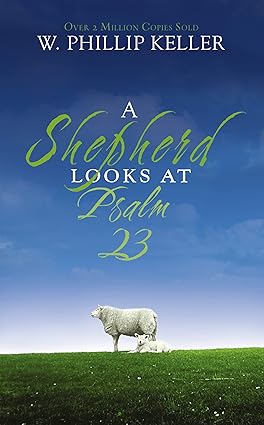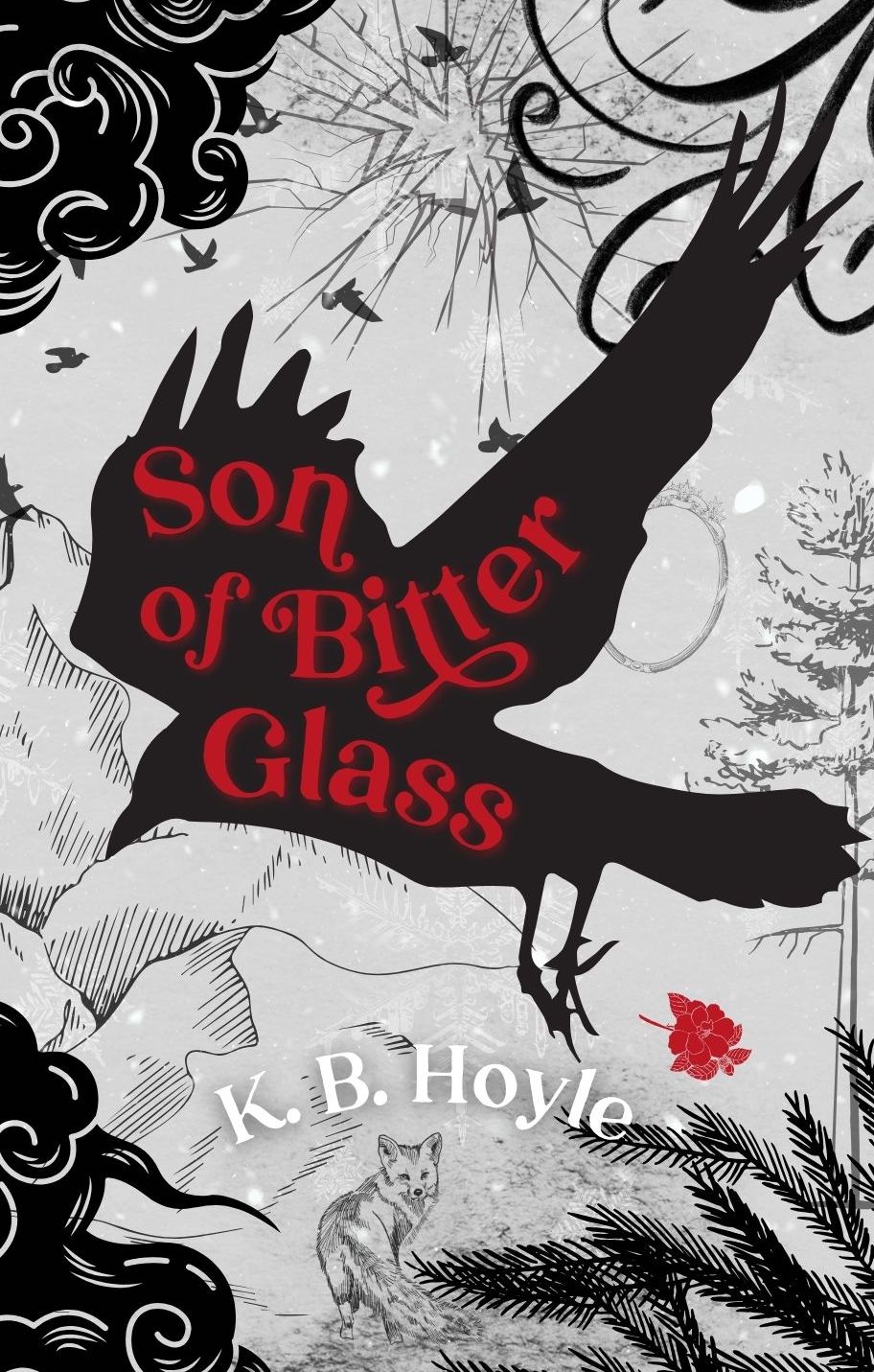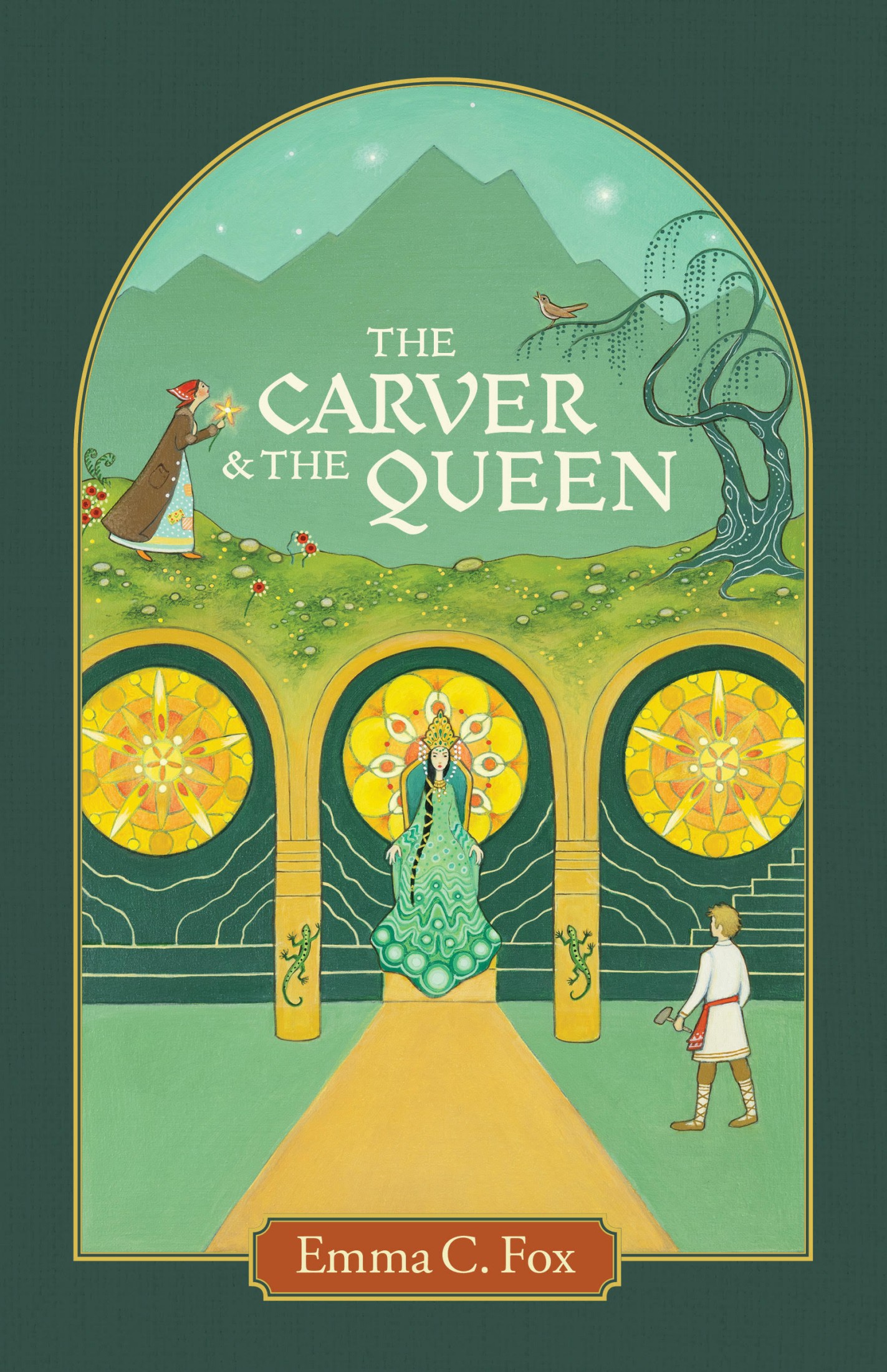For the Want of a Book
Barnes and Noble is a pretty nice place to be: the smell of fresh paper, the crack of an untouched spine, the hushed whispers of stories calling to their readers. But take the comfortable atmosphere of B&N one step further. Imagine now you are in a mom and pop bookstore – a crammed building in the big city. There’s no room for parking outside, but inside are a billion worlds with room for everyone. On-the-house coffee percolates from 8 AM to 11 PM. High school and college age pages skitter around quietly, shelving books, facing books, (and yes, even sneaking a few minutes away to read a book.) An older gentleman sits at the back counter sipping coffee and contentedly observing the customers. The manager mills with the crowd, answering questions, aiding with finding books, giving suggestions. Two middle-aged clerks work in the office, binding books, repairing worn pages and crumbling covers.
While books themselves contain their own world, cram a few hundred books together and you have a completely new world. This world exists merely because of the presence of more than a single book. The Library, the Bookstore: these are worlds of their own; worlds with their own stories to tell. For want of a book, we discover the one thing that might be greater than a book.
In Susan Wiggs’ newest novel, The Lost and Found Bookshop, we find that one greater thing: a world of books. It’s sentimental, it’s warm . . . and it’s a mess.
Love and a Bookshop
Natalie has the perfect job: digital inventory management for an up-and-coming wine factory. She just received great news: she’s getting a promotion, with a sizable difference in pay. She has the perfect boyfriend: Rick, the most kind and stable guy a girl could meet. She has the greatest mom: a single woman who raised her daughter confidently despite having given up the (supposed) love of her life.
But Natalie is not happy. In fact, she just about hates her life. Life can change in an instant though, and Natalie finds this out quickly. Very quickly.
When a horrific accident takes the life of her mother, Natalie begins to take care of her aging grandfather who has dementia. She also inherits The Lost and Found Bookshop, a business her mother and grandfather ran together. Much to Natalie’s horror, Grandy (as she calls her grandfather) is failing faster than her mom ever said, and the shop is going under faster than imaginable. It would take a miracle to save the shop. And while Natalie would love a miracle for Grandy, she realizes each day brings him closer to the end.
Enter: Peter “Peach” Gallagher, carpenter by trade, and Trevor Dashwood, a famous children’s author. Natalie catches both of their eyes (and imaginations) and thus ensues a journey to finding peace in grief, love in turmoil, and security in disaster.
Lost . . . But Found?
If you could describe a book as cozy, this novel would embody it. I felt cozy the entire time I read the book. But maybe that’s just because I imagined myself in a bookstore with a frothy chai latte and crackling fire keeping me company. The message of familial love runs throughout the book, and this is a lovely thing. But there are some serious issues as well that must be addressed. So let’s get into it.
Family is made out to be a real treasure. Natalie takes seriously the care of her grandfather (and her mother’s business.) At one time Natalie and Grandy plan to place him in a long term care facility, but end up choosing to remain as they are for the time being. This is encouraging and so normal. This is the way God created families to work. When children are small, parents are the caregivers. As children grow, new families are brought together. As parents grow older, now-grown children take in their elderly parents for care, comfort, and closeness. It feels so natural! This seems normal and good to me because I grew up with my mom and my grandparents. At one time we even lived with my aunt, uncle, and cousin in the same house as our grandparents. It is very obvious that Peach loves his daughter, and he tries his best to make a good life for her.
However . . . this is modern-day San Francisco. The definition of family is rather broad. Natalie realizes this as a young girl when she is made fun of for only having a mom and grandpa. Kayla (a minor character from Natalie’s youth who pops up frequently as an irritation to Natalie) even suggests that maybe Natalie’s mom is gay and just hiding it by not getting married again. A few minor characters are homosexual and other characters mention homosexual relationships/feelings. Nothing explicit, but it’s ever-present and very much accepted. Hence the following quote from midway through the book:
“. . . which wasn’t a big deal on account of this being San Francisco and all. No one would ever say anything mean about families like that.”
This made me think. Does someone feel like the rest of the world population that doesn’t reside in San Francisco is made up of homophobic bigots who treat homosexual families like dirt? It’s a subtle thread through the book, to be sure, but again we are seeing these themes become so very prevalent. It is very important to be aware of the undercurrents in modern literature. If you think homosexuality is present in the media, it is disturbingly present in what might be considered as “classic modern literature.” You all know how I feel about this (I’ve reviewed two movies with similar content in the past month) so I will not jump on that soap box. 🙂
Aside from homosexuality, there are plenty of suggestive/sexual innuendo, long looks, and short but inappropriate thought processes. This wasn’t surprising. Here’s what did surprise me: I made it more than 340 pages into this 352 page book when the walls came crashing down and there were several paragraphs of somewhat explicit bedroom happenings. Does anyone else feel like you could just leave it out if you only have 10 pages left?? I was highly disappointed.
On top of that, there was a significant amount of cursing. I was shocked because I very rarely read bad words. I hear them at work non-stop, but for some reason reading them rather than just hearing them stopped me dead in my tracks. I was interested to see how much language would be included so I counted every single profanity. If you don’t count 5 uses of darn, gosh, and dang, the grand total is 103 profanities. Perhaps that doesn’t seem like a lot, considering this is spread over 352 pages. But let me tell you: it is colorful. Wigg’s used 15 separate cuss-words, with 9 similar derivatives thrown in the mix as well. For a “chick-read” such as this, that is quite the handful . . . er, mouthful.
Some other negative content: one character seems to be known for his “potty humor” as he puts it and two characters smoke from a stash of weed after going to bed together.
To Read or Not to Read
Bear with me: I know this is already a long review, but I’ve some other things to say. I’ve covered some of the negative content. I’ve mentioned the book made me feel cozy. Now I’m going to tell you the real reason I only gave this book 3 stars on Goodreads: the plot was lacking in fervor. That sounds silly. But here’s what bothers me: this book dealt with a lot of grief. But it felt very circular. Natalie was continually asking herself questions about if she would ever get over her mother dying, if things would ever be normal again, etc. I completely understand this! I just lost my grandmother last year who was like my second mom, and grief is crazy, sometimes long, and extremely painful most of the time. But the amount of time this book spent observing the grief, considering the grief, almost wallowing in the grief (within Natalie’s mind really) was almost too much.
On top of that, as I think back over the book, I would say essentially all the characters are static characters. Natalie changes within the first several chapter when she quits her job and begins to grieve, but after about 30-40 pages she remains the same and we simply wait for 300 pages for her to decide if she really wants to work hard for the bookshop and to pick which stud she wants to sleep with (and hopefully marry.)
I was drawn into this book by the cover and the title. I loved the bookshop and I felt like I was actually there. But the plot, the content, the slow drag didn’t pull it off very well for me.
In Conclusion
Bookshops are wonderful places to be! But this book isn’t. As I read this book, I realized how different Believers really are from the world. Everything Natalie did is exactly what I would not do: leave my job on a whim, “talk” with two guys at once (who are both obviously interested), affirm my homosexual employee, sleep with men to decide if they’re marriage material, etc. As a Christian woman, I regret picking up this book. It looked good, and I couldn’t tell if there would be issues with the content so I forged ahead. Hopefully after reading this, you will move on to greener pastures. Might I suggest The Zion Chronicles (beginning with Vienna Prelude) by Bodie Thoene or Discipline: The Glad Surrender by Elisabeth Elliot? Either will serve you well and both are great joys to read.
Until the next adventure through the universe of books. 🙂
![]()



